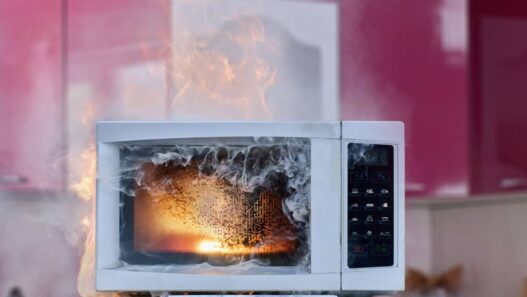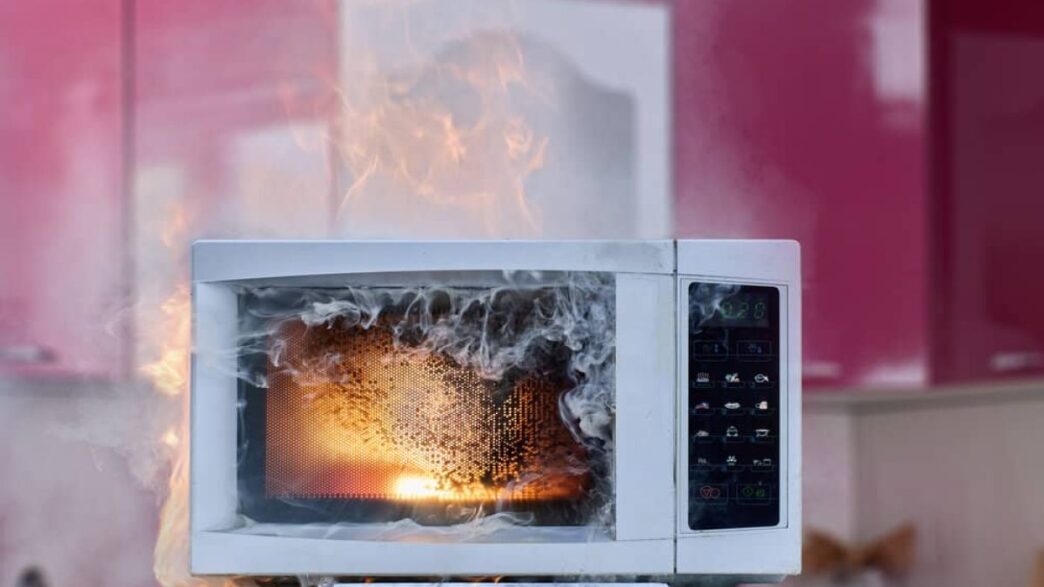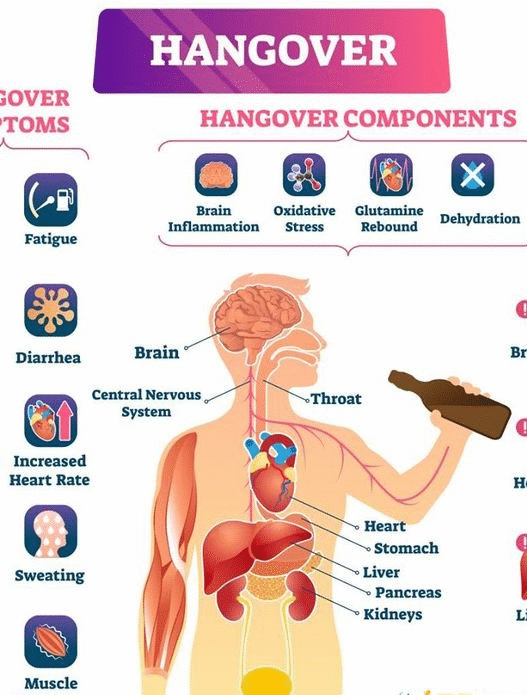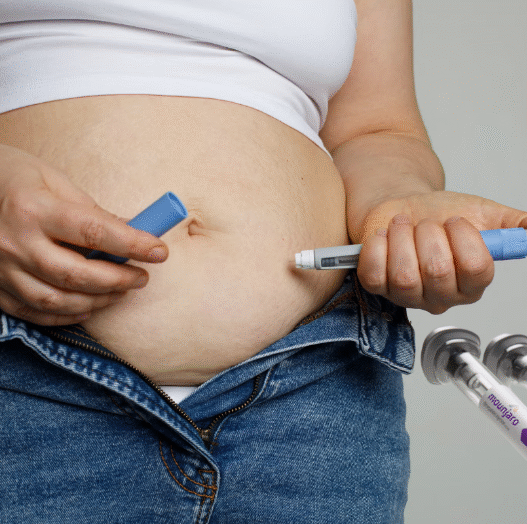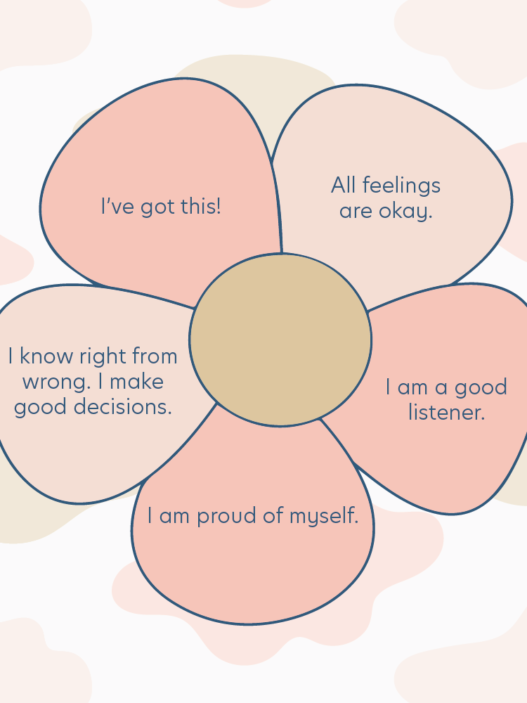Microwave ovens are fastly becoming one of the most utilized appliances in contemporary homes. They speed up and simplify reheating leftovers, defrosting beef and even preparing complete meals compared to conventional methods.
Despite its popularity, however, most individuals believe that microwaves are unsafe. Radiation fears, loss of nutrients, and long-term health risk have been at the forefront of controversy for decades.
To respond to this query, one should explore what science and health professionals have to say instead of accepting myths or online rumors.
How do Microwaves Work?
Microwave ovens are powered by producing nonionizing radiation from a device referred to as a magnetron. Unlike ionizing radiation like X rays, which cause damage to DNA and raise cancer risk, nonionizing radiation simply excites water molecules within the food.
This vibration of water molecules produces heat that cooks the food. All microwaves on sale are required by the US Food and Drug Administration (FDA) to conform to rigorous safety standards to ensure radiation leakage remain well below harmful levels

Misconception
It is the biggest misconception about microwave ovens that once the oven is turned off it is emitting radiation, or it radioactivates the food that harms the individual who eats food and that person gets diseases.
It’s worth noting that microwave energy stops the moment the oven is stopped. Unlike some cooking methods, it doesn’t linger the food or make it radioactive. It is one of the biggest misconceptions related to microwave ovens.
Scientific Studies on Microwave Safety
Over the years research have explored potential risks to answer the question, are microwaves dangerous, here are some of the most relevant findings
Cancer and DNA Damage
Several studies have investigated that weather microwave radiation could cause genetic mutations or cancer. While some laboratory experiments using high power microwave radiation exposure on cells or animals suggest possible oxidative stress, these conditions do not reflect real life kitchen use.
A review published in Frontiers in Public Health found no consistent evidence linking microwave ovens to cancer in humans.

Nutrient Prevention
Another concern is that weather microwave ovens destroy nutrients in food. In reality, all cooking methods cause some nutrient loss, especially heat sensitive nutrients like Vitamin C and antioxidants.
However, studies show that microwaving preserves more nutrients than boiling, since it needs shorter cooking time and little or no water. Harvard Health reports that microwaving vegetables preserves a significant portion of their nutrients as compared to boiling or frying.
Burns and Physical Injury
One legitimate risk associated with microwave injury is thermal injury. Superheating liquids can cause them to erupt suddenly when disturbed, leading to burns.
Similarly, if a microwave oven is damaged, and its door seals are compromised, it could leak more radiation than allowed. However, the FDA states that such risks are rare and generally linked to misuse or poor maintenance.
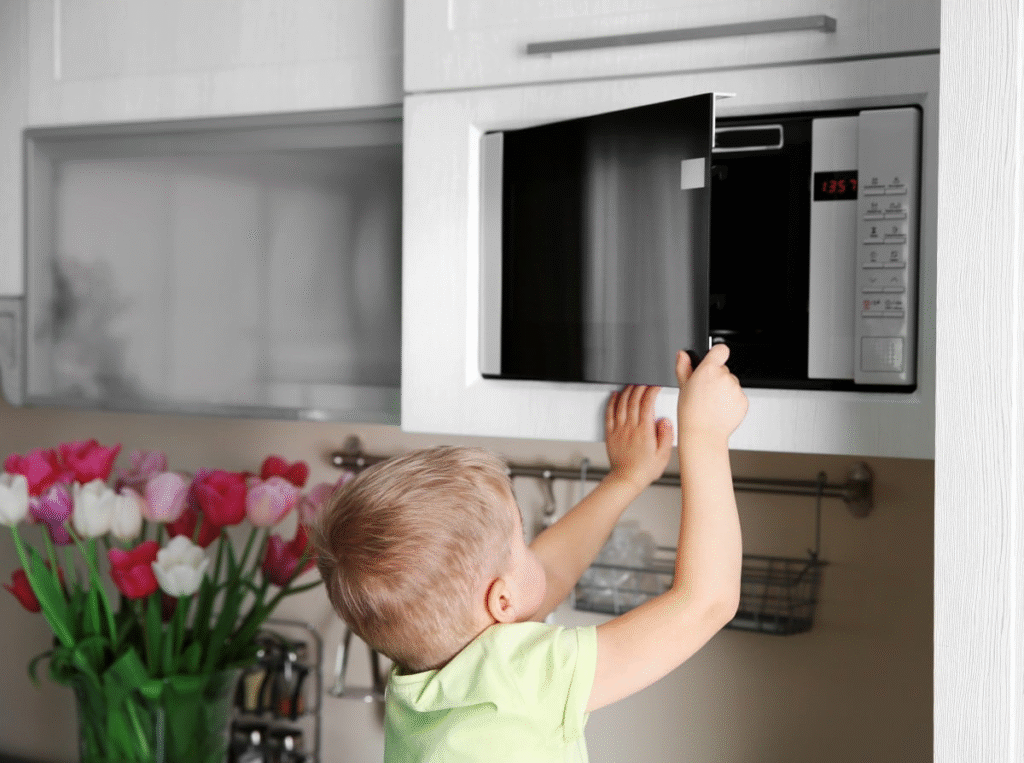
Common Myths About Microwaves
Misconceptions lead heavily to disbelief that microwaves are not safe for health. Let’s clear up the common ones.
Microwaves food becomes radioactive – No it doesn’t become radioactive as microwaves are non-ionizing radiation, and they cannot make food radioactive.
Standing near a microwave is harmful – Not true as properly functioning microwave ovens release negligible radiation that is far below harmful levels.
Microwave ovens destroy all nutrients – It is a misleading concept. The fact is that microwaving can preserve nutrients better than other cooking methods.
Plastic containers always release toxins – Not always they release toxins. But it is necessary to use microwave safe containers to avoid chemical leaching.
Best Practices for Safe Use of Microwave
While science shows microwaves are generally safe, following good practices ensure maximum safety and good food quality.
- Using microwaves safely, glass or ceramic containers and avoid unmarked or low-quality plastic containers.
- Regularly check the door seals and hinges for damage because leaks usually occur in old or poorly maintained ovens.
- Allow superheated liquids to rest before removing them to prevent burns.
- Cover food and stir it during cooking to ensure even heating and reduce bacterial risk.
- Follow manufacturer instructions before cooking, wattage and cleaning
What Experts and Authorities Says
Regulatory bodies such as FDA and health institutions like Cleveland Clinic agreed that microwave ovens are safe when used correctly.
They emphasize that the radiation used in microwave ovens is nonionizing and does not pose any harmful effects as ionizing radiation does. Furthermore, studies comparing cooking methods consistency show that least nutrients loss is in microwave cooking methods.
Conclusion
So, to answer the question, microwaves are dangerous not when they are handled properly. Like any other kitchen appliances microwave ovens can pose a risk if not used properly like burns from overheated containers and chemical exposure to plastic containers.
So, the fear around microwave steams more from myths than from science. Far from being harmful, they are safe, efficient and nutrient friendly ways to cook when used as intended.






